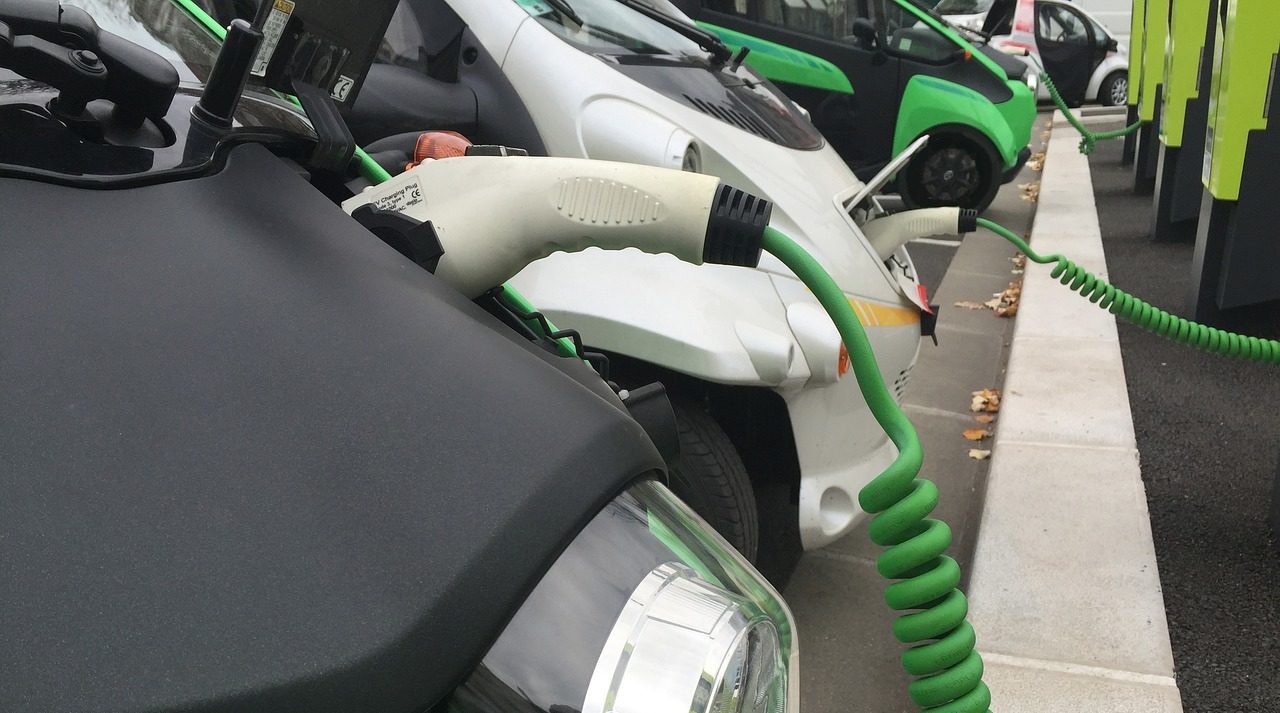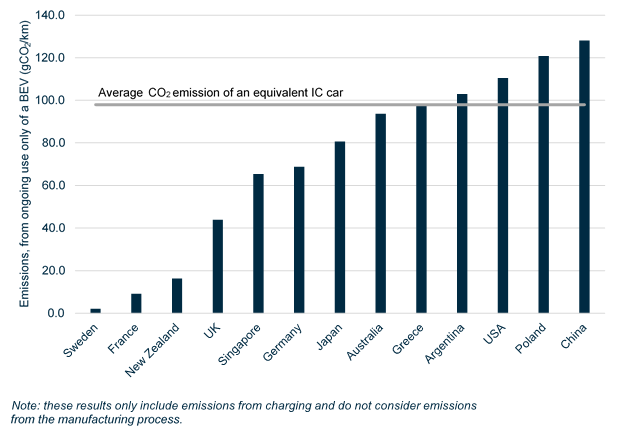This is a subject full of myths, claims and counterclaims and was the challenge we put to Elgar Middleton’s latest recruit – Malek Benlarbi-Delai – to investigate. The results are extraordinary.

To determine the carbon footprints of various types of vehicles, Malek analysed an internal combustion engine (ICE) vehicle , an electric vehicle (EV) and a hydrogen fuel cell vehicle (HFCV). Each had its construction-related carbon output calculated and then the carbon released from its ongoing use.
It was no surprise that the analysis confirmed that ICE vehicles are not the way forward for our society. What was a surprise was that an EV can result in just as much carbon emissions overall as an ICE vehicle, depending on where it was manufactured and subsequently driven. In fact, an EV which has its battery manufactured in China and is then driven in Australia will generate more carbon over its lifespan than a standard ICE vehicle.
This all comes down the energy generation mix in those countries with both China and Australia remaining highly dependent on coal for its power. And as the main source of energy of an EV is the electricity coming from the grid, an EV driven in Sydney is indirectly, almost entirely coal-powered.
The report’s conclusions however are not all bleak. The results are far more encouraging in countries where governments have taken proactive measures to switch to renewables.

These regional variations form a key conclusion and reinforce why it is fundamental that we continue to press for each and every community globally to go carbon neutral – because the electrification of transport will not help us reduce our global carbon footprint if our electricity is not produced from renewable sources.
And what about HFCVs? When the hydrogen that powers the HFCV is derived from renewable sources, the process produces no waste products but water. This solution then becomes, without a doubt, the greenest form of transport available.
If you want to know about Elgar Middleton, or indeed wish to see Malek’s full report, then please get in touch.
COVID-19 Update
The wellbeing of our staff, their families and our clients is our top priority. In light of the current situation, our teams in London and Sydney have been adopting full remote working arrangements and our ability to do so is well tested. Despite these worrying times, we are very much open for business and we stand ready to support our clients in any way that we can.
